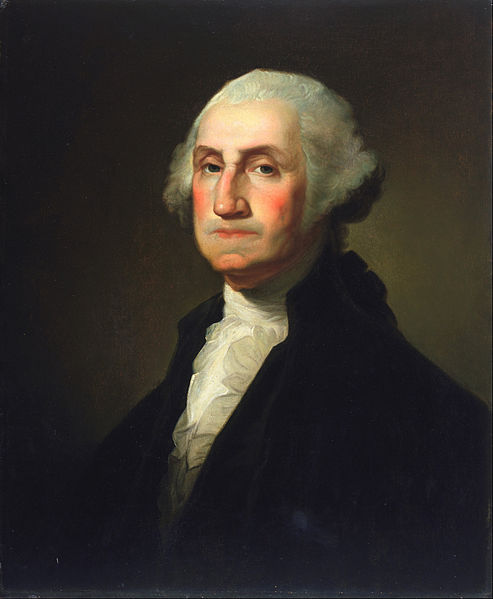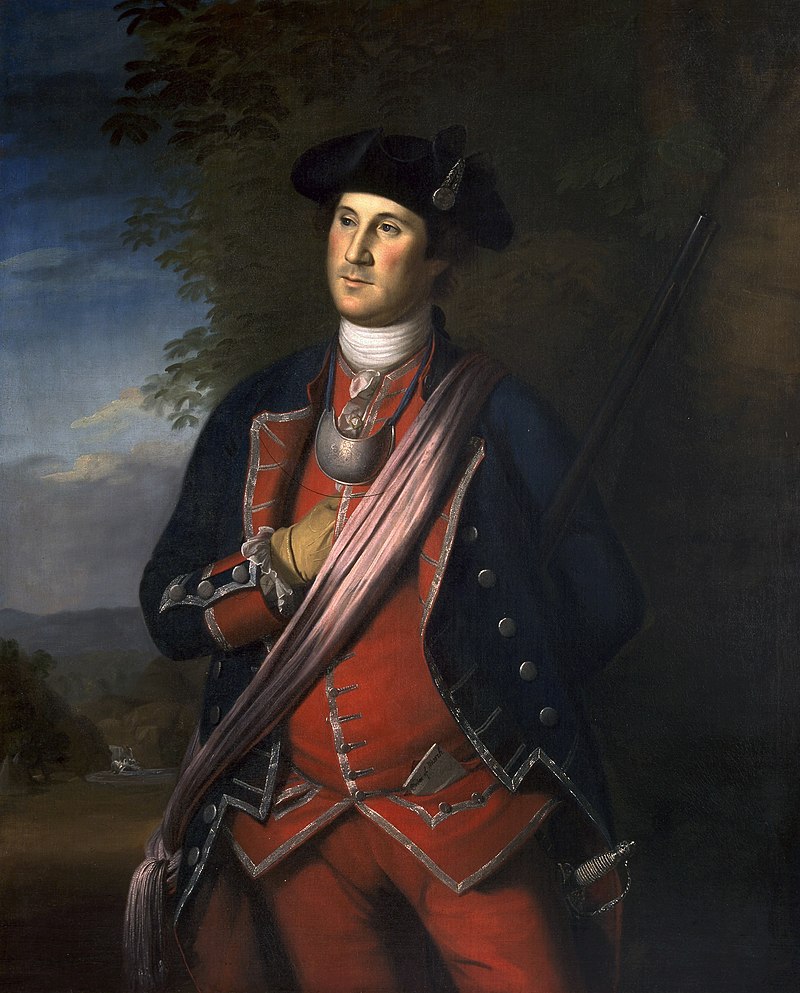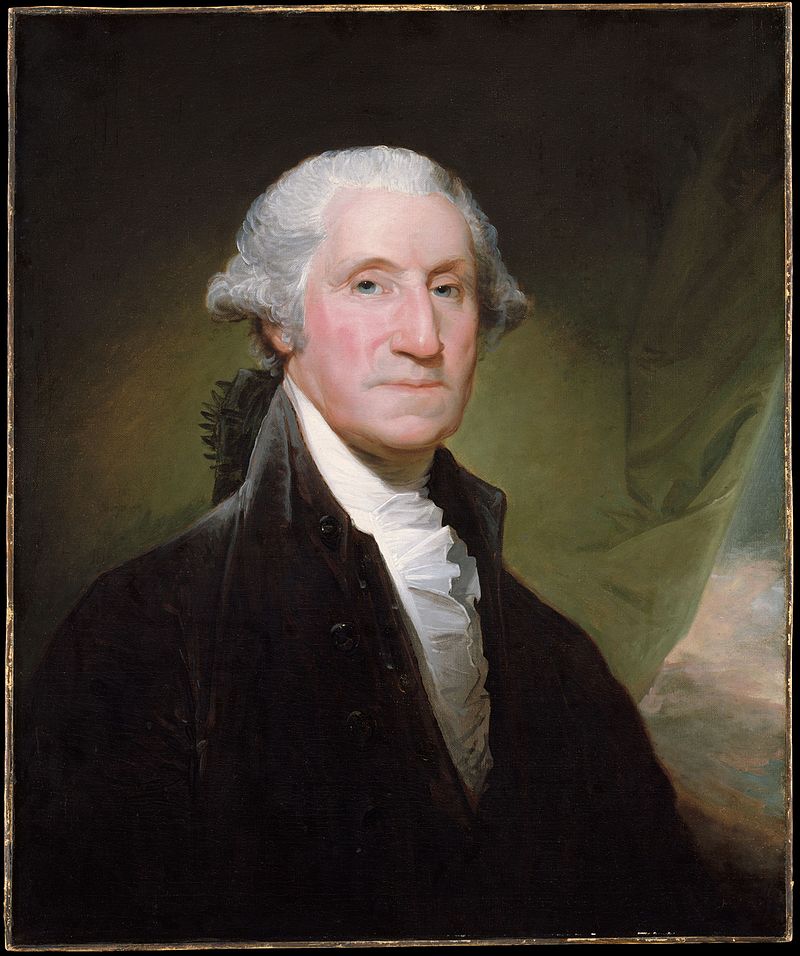George Washington was the Virginia plantation owner who became the United States’ first president after serving as a general and commanding officer of the colonial armies during the American Revolutionary War. He served from 1789 to 1797. Learn more about the policies of George Washington here.
Early Life and Family
On February 22, 1732, George Washington was birthed in Westmoreland County, Virginia. In addition, he was the eldest of Augustine and Mary’s six children, all of whom lived to be adults.
Pope’s Creek in Westmoreland County, Virginia, was home to the family. They were members of Virginia’s “middle class,” and they were moderately prosperous.
Washington could trace his ancestors’ arrival in North America back to his great-grandfather, John Washington, who moved from England to Virginia. In England, the family was well-known and was granted land by Henry VIII.
However, who lost much of the family’s wealth in England during Oliver Cromwell’s Puritan government. Lawrence Washington, Washington’s grandfather, moved to Virginia in 1657. There is little information about Washington’s family in North America until his father, Augustine, was born in 1694.
Augustine Washington was a ruthless businessman who bought land, enslaved people, built mills and grew tobacco. He was once interested in establishing iron mines. He had three children with his first wife, Jane Butler. Augustine married Mary Ball in 1731 after Jane died in 1729.
Mount Vernon
Augustine’s family moved up the Potomac River in 1735 to another Washington family home, Little Hunting Creek Plantation, which was later renamed Mount Vernon.
In 1738, they relocated to Ferry Farm on the Rappahannock River, opposite Fredericksburg, Virginia, where Washington spent much of his childhood.
Childhood and Education
Little is known about Washington’s childhood, which spawned many fables later biographers invented to fill the void. Among these are stories about Washington throwing a silver dollar across the Potomac and openly confessing to the crime after chopping down his father’s prized cherry tree.
Washington was home-schooled from the age of seven to fifteen, and he studied practical math, geography, Latin, and the English classics with the local church sexton and later a schoolmaster.
However, his interactions with woodchoppers and the plantation foreman provided him with much of the knowledge he would use for his entire life. By his early adolescence, he had mastered tobacco cultivation, stock raising, and surveying.
Washington’s pater died when he was eleven years old, and he became the ward of his half-brother, Lawrence, who raised him well. Lawrence inherited the family’s Little Hunting Creek Plantation and married Anne Fairfax, daughter of Colonel William Fairfax, patriarch of the prosperous Fairfax family. Who educated Washington in the finer points of colonial culture under her tutelage.
Washington was 16 years old when he traveled with a surveying party plotting land in Virginia’s western territory in 1748. The following year, with the assistance of Lord Fairfax, Washington was appointed as the official surveyor of Culpeper County.
He was swamped surveying land in Culpeper, Frederick, and Augusta counties for two years. He became more resourceful as a result of the experience, which toughened both his mind and body. It also captivated his interest in western land holdings, which he pursued throughout his life with speculative land purchases and the belief that colonizing the West was crucial to the nation’s future.
Lawrence Washington, Washington’s brother, died of tuberculosis in July 1752, making him the heir apparent to the Washington lands. Lawrence’s only child, Sarah, died two months later, and Washington became the head of Mount Vernon, one of Virginia’s most prominent estates. He was twenty years old.
He considered farming one of the most honorable occupations throughout his life, and he was incredibly proud of Mount Vernon. Washington would gradually increase his holdings in the area to approximately 8,000 Acres.
Enslaved People
George Washington dedicated himself to the care and development of his land holdings during his retirement from the Virginia militia until the Revolution, attending to crop rotation, livestock management, and the latest scientific advances.
By the 1790s, Washington had over 300 enslaved people on his property at Mount Vernon. He was said to despise the institution of slavery but accept its legality.
Out of George’s will, Washington expressed his displeasure with slavery, ordering that all of his enslaved people be freed upon the death of his wife, Martha. (However, this act of generosity only applied to about half of Mount Vernon’s enslaved people: those owned by the Custis family were given to Martha’s grandchildren after her death.)
Washington adored the life of the landed gentry, which included horseback riding, fox hunts, fishing, and cotillions. He worked six days a week, frequently taking off his coat and performing manual labor alongside his employees. He was a forward-thinking and responsible landowner who raised cattle and horses and tended to his fruit orchards.
George Washington Presidency
Washington, who had hoped to retire to his beloved Mount Vernon, was called upon to serve his country once more.
During the presidential campaign of 1789, he received votes from every elector in the Electoral College, making George Washington the only president in American history to be elected unanimously. He took the oath of office at Federal Hall in New York City, the country’s capital at the time.
As the first president, George Washington was well aware that his presidency would set a precedent for all that came after. He carefully attended to his office’s responsibilities and duties, remaining wary of imitating any European royal court. To that end, he preferred the title “Mr. President” over the more imposing names proposed.
He initially declined the $25,000 salary offered by Congress for the presidency because he was already wealthy and wanted to maintain his image as a selfless public servant. However, Congress persuaded him to accept the compensation to avoid the appearance that only rich men could be president.
Washington demonstrated his ability as a manager. He guarded himself with some of the most capable people in the country, appointing Hamilton to the Treasury and Thomas Jefferson to the State Department. He wisely delegated authority and met with his cabinet regularly, listening to their advice before deciding.
Washington established broad presidential authority while maintaining the highest integrity and exercising power with restraint and honesty. In doing so, George Washington set a standard that his successors rarely met, which established an ideal against judging all. If you want to learn more about the childhood, education, and careers of George Washington, click the link.
Death of George Washington
Washington spent much of a cold December day in 1799 inspecting the farm on horseback in a driving snowstorm. When he got home, he ate his supper in his soaked clothes and then went to bed.
He awoke the following day, December 13, with a severe sore throat and became increasingly hoarse. He went back to bed early but woke up around 3 a.m. and told Martha he was very sick. December 14, 1799, He died late in the evening as a result of his illness.
The news of Washington’s death at the age of 67 spread across the country, plunging the country into deep mourning. Many towns and cities held mock funerals and delivered hundreds of tributes to honor their fallen hero. When word of his death reached Europe, the British fleet paid tribute to his memory, and Napoleon declared a ten-day mourning period.
US Presidents | ||



